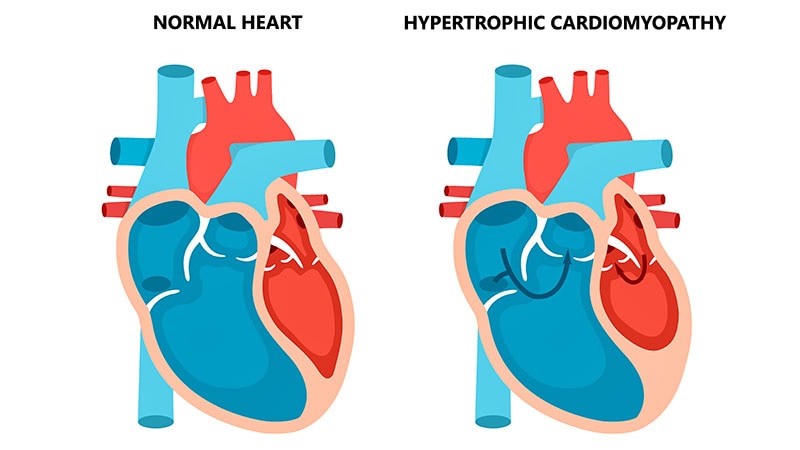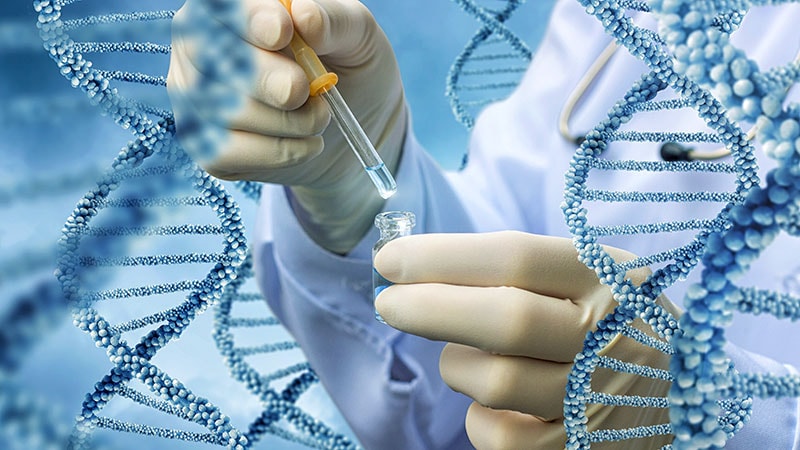A new study sheds some light on why certain patients with cancer develop therapy-induced cardiomyopathy (CCM) following chemotherapy. The findings point towards the role of a faulty gene in the development of the condition.
Researchers at the Imperial College London, Royal Brompton Hospital and the MRC London Institute of Medical Sciences evaluated 213 cancer patients with CCM for genetic defects associated with the condition. Up to 90 per cent of cases of CCM were linked with anthracycline treatment.
The findings revealed that patients who developed CCM had a higher likelihood of carrying genetic faults associated with cardiomyopathy, particularly a faulty version of a gene called titin. The defective titin gene was found in 7.5 per cent of patients with CCM compared with 0.7 per cent of healthy individuals.
Overall, more than half a million individuals in the UK are carriers of the faulty titin gene. The gene plays a crucial role in maintaining the elasticity of heart muscle, and defects in the gene have been linked with the development of dilated cardiomyopathy.
Dr Paul Barton, a co-author of the study, said: "Although scientists know that anthracyclines are associated with CCM, this is the first time we’ve also seen a link with faulty genes directly involved in cardiomyopathy."



